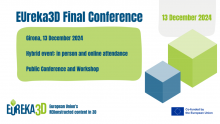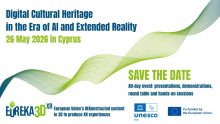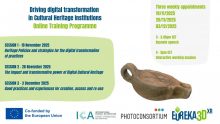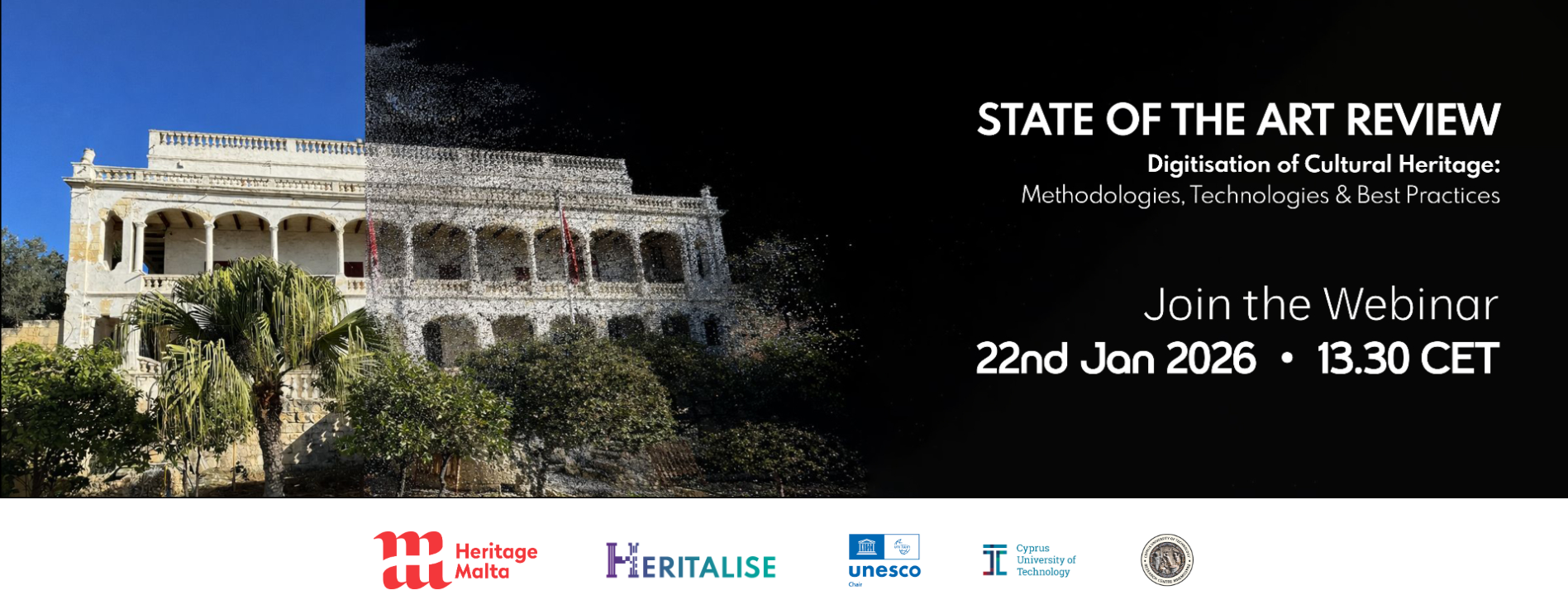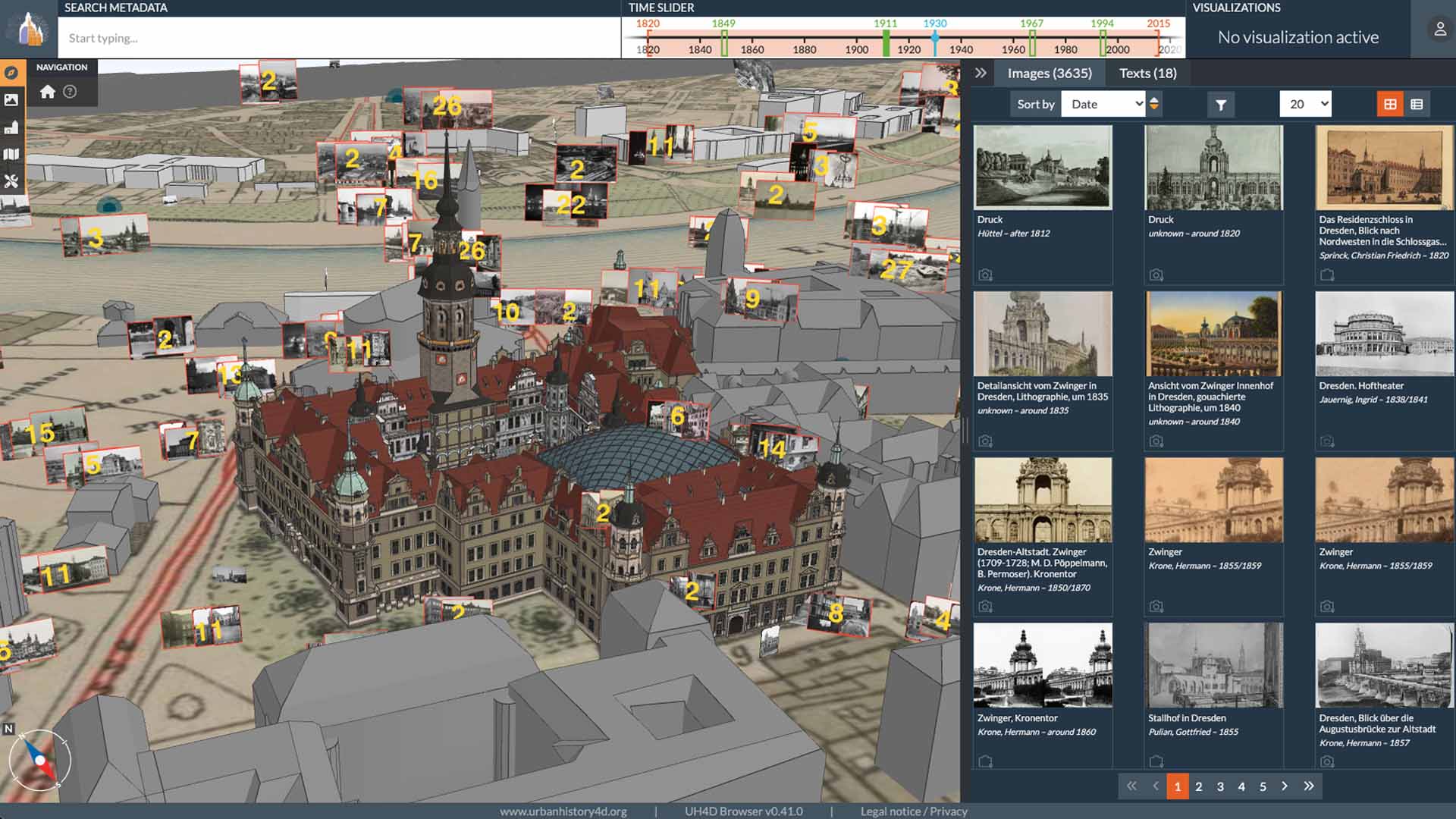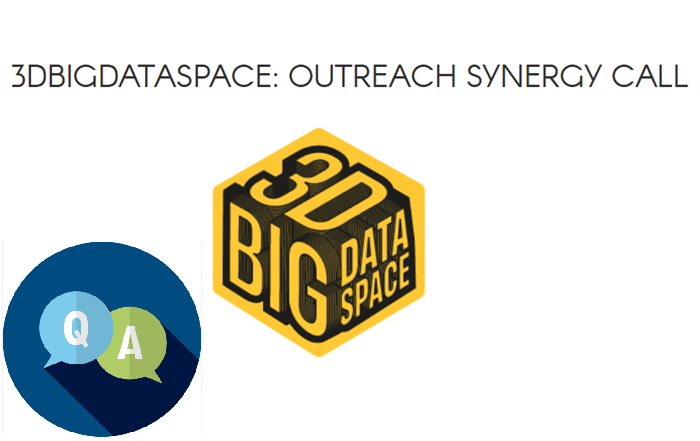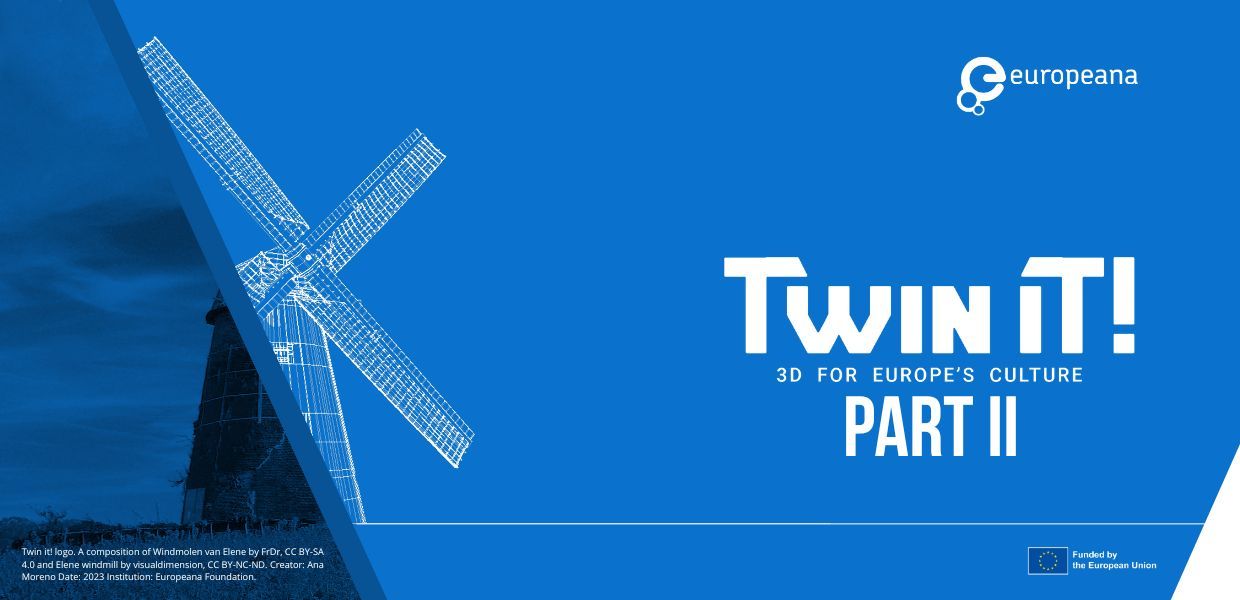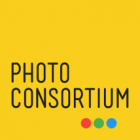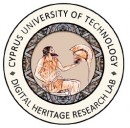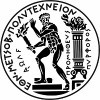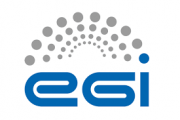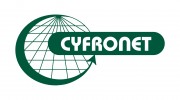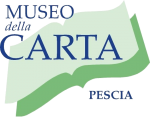We are pleased to invite you to participate in a unique Workshop organised by the UNESCO Chair on Digital Cultural Heritage in cooperation with the EU Digital Europe EUreka3D Project, the Earth Observation Research Lab (EOCult), the Mechanical Engineering Design & Additive Manufacturing Laboratory at CY University of Technology, the EU CLARIAH-CY research infrastructure, the ARTEST and CREAMS projects, the CY-EUreka3D Competence Centre in Digital Heritage, as well as the Connecting-RPF and the EU HE Engineer.
This event will focus on the critical topic of Paradata, Metadata, and Data in the domain of 3D Digital Documentation in Cultural Heritage. It is part of the 10th International Euro-Mediterranean Conference (EuroMed 2024)
- Date: 2nd December 2024 h. 14 EET
- Venue: Cyprus University of Technology, location of the 10th Euromed conference 2024
- Conference website: https://euromed2024.eu/
- Workshop Call (link to PDF)

About the Workshop
Since its adoption in 2006 as part of the London Charter for the Use of 3D Visualisation in the Research and Communication of Cultural Heritage, the concept of Paradata has played an essential role in ensuring transparency in the creation of scholarly 3D Cultural Heritage assets. With further recognition by the ICOMOS Seville Charter (2017) and the European Commission’s EU VIGIE2020/654 Study on quality parameters for 3D digitisation of tangible cultural heritage (2020), Paradata has emerged as a key aspect of 3D digital documentation.
Paradata, alongside Metadata and Geometrical Data, forms a “trinity” of elements essential for ensuring high-quality, reusable 3D digital resources. However, despite its growing importance, the Digital Cultural Heritage (DCH) community continues to grapple with fully defining and differentiating Paradata and Metadata, as well as understanding their role in supporting scholarly research, sustainability, and compliance with the European Commission’s recommendations for 3D-digitised cultural heritage.
This event will bring together professionals from across the spectrum of Digital Cultural Heritage to share their experiences, aiming to establish a common understanding of Paradata and lay the groundwork for a community-built set of standards and best practices for its application in 3D documentation.
Workshop Themes
The workshop invites participation and contributions on the following topics (but not limited to):
- AI in 3D Documentation: The role of AI in improving/simplifying Complexity in data acquisition, pre-processing, and increasing quality of final results such as accuracy by the 2D/3D modelling, data compression and visualisation.
- Understanding Paradata and its relationship with 3D Data Acquisition/Documentation and/or with AI: Its definition, role, and practical challenges, risks and applications.
- Metadata and its affiliation with 3D Documentation.
- Challenges in 3D Data Documentation for Cultural Heritage.
- Challenges in AI-Driven 3D Digitisation: Data quality, ethics, and sustainability.
- A #DigitalTwin vs. #MemoryTwin: #Geometry, or #Knowledge: What is the difference and which are the challenges for the tangible digital documentation of the Past.
- BIM, HBIM and Holistic-HBIM and their relationships to #DigitalTwins or #MemoryTwins
- 3D tangible objects: Authenticity and its relationship to AI – Risks and Challenges
- Sustainability and long-term Preservation of 3D Digital Assets.
- Standardisation and Best Practices for Paradata, Metadata, and 3D Data Use in DCH: Who is doing What and How?
- 3D Viewers: The state of the art and where we are as EU?.
- 3D in XR and in the Metaverse.
- Looting, Destruction, Protection and 3D digital Documentation of tangible Cultural Heritage
- 3D Data Sets: Safety, Security, Compression and 24/7 Accessibility.
- European Commission Recommendations on 3D Digital Documentation: The State of the Art after three years of Implementation in the EU.
Who Should Participate?
This workshop is designed for:
- Professionals, researchers, and practitioners in Digital Cultural Heritage and AI in Cultural Heritage
- Individuals working with AI-enhanced Digital Twins and MemoryTwins – Knowledge-Graphs technologies..
- The multidisciplinary community of experts involved in 3D documentation, digitisation projects, and cultural heritage preservation.
- Individuals interested in advancing the understanding and use of Paradata, Metadata, and 3D data in heritage projects
Registration Information
Participation is per registration and is mandatory.
Contact Information
For any inquiries or additional information, please contact us at unesco-dch@cut.ac.cy
Join us in shaping the future of 3D Digital Documentation in Cultural Heritage and contribute to advancing our understanding of Paradata, Metadata, and their significance about the Memory/Knowledge of the Past.



